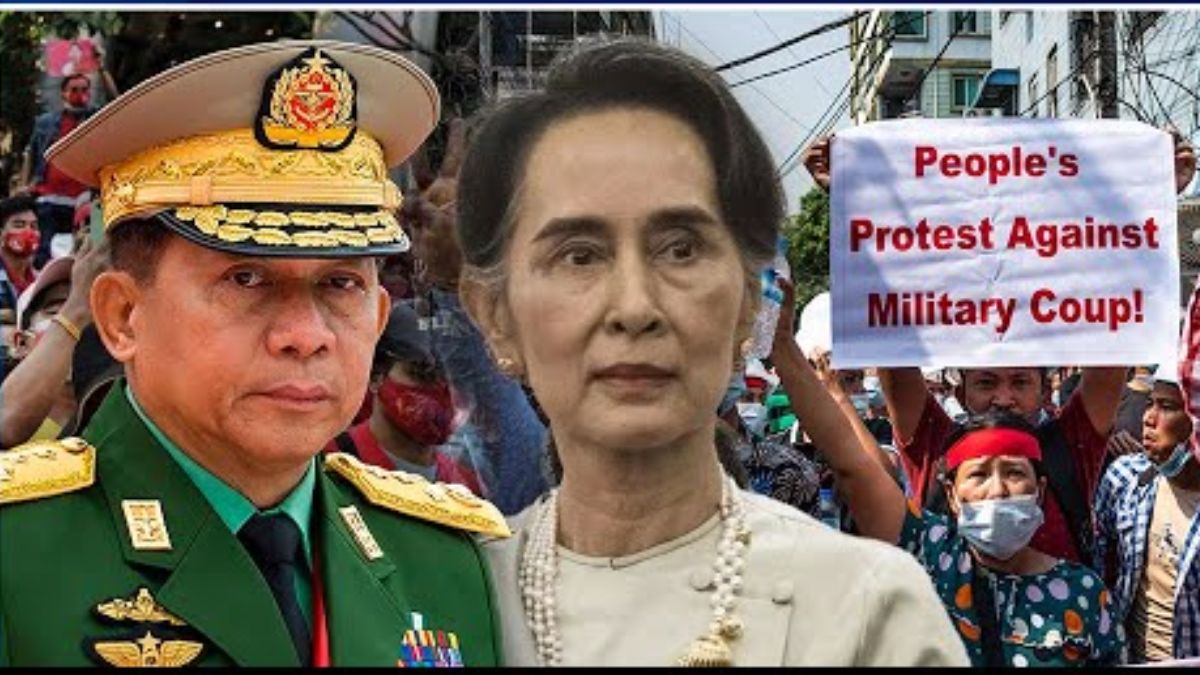Four years after overthrowing the elected government, Myanmar’s military chief has announced that a general election will be held within the next 10 months, according to state media reports on Saturday.
Senior General Min Aung Hlaing stated on Friday that the election is expected to take place by December or, at the latest, January 2026, as reported by the Global New Light of Myanmar newspaper.
Speaking at a press conference during his official visit to Belarus—one of Myanmar’s few allies—he noted that 53 political parties have already submitted their participation lists.
However, Min Aung Hlaing did not specify an exact date for the vote.
The announcement comes amid an ongoing civil war in Myanmar, where the military is struggling against pro-democracy fighters and ethnic militias seeking greater autonomy. The army’s seizure of power from Aung San Suu Kyi’s elected government in February 2021 sparked widespread opposition, leading to armed resistance and widespread conflict across the country. While the military has repeatedly emphasised elections as a key objective, it has consistently delayed the process.
The plan for a general election is widely seen as an attempt to normalise the military’s seizure of power through the ballot box and to deliver a result that ensures the generals retain control.
Critics have already said the military-planned election will be neither free nor fair because there is no free media and most of the leaders of Suu Kyi’s National League for Democracy party have been arrested. Suu Kyi, 79, is serving prison sentences totaling 27 years after being convicted in a series of politically tainted prosecutions brought by the military.
The country’s current security situation poses a serious challenge to holding elections, with the military believed to control less than half the country. The military government had previously said the election would be prioritized in areas under its command.
Impact Shorts
More ShortsIn October, the military attempted a census that it said was to compile voter lists for a general election, but data from only 145 of 330 townships was successfully gathered. In a published report, the military government said the areas where the census could not be completed included towns controlled by ethnic armed forces and pro-democracy guerrillas.
The National Unity Government or NUG, Myanmar’s main opposition organisation, said it intended to prevent the military-held election through nonviolent means.
With inputs from agencies


)

)
)
)
)
)
)
)
)



